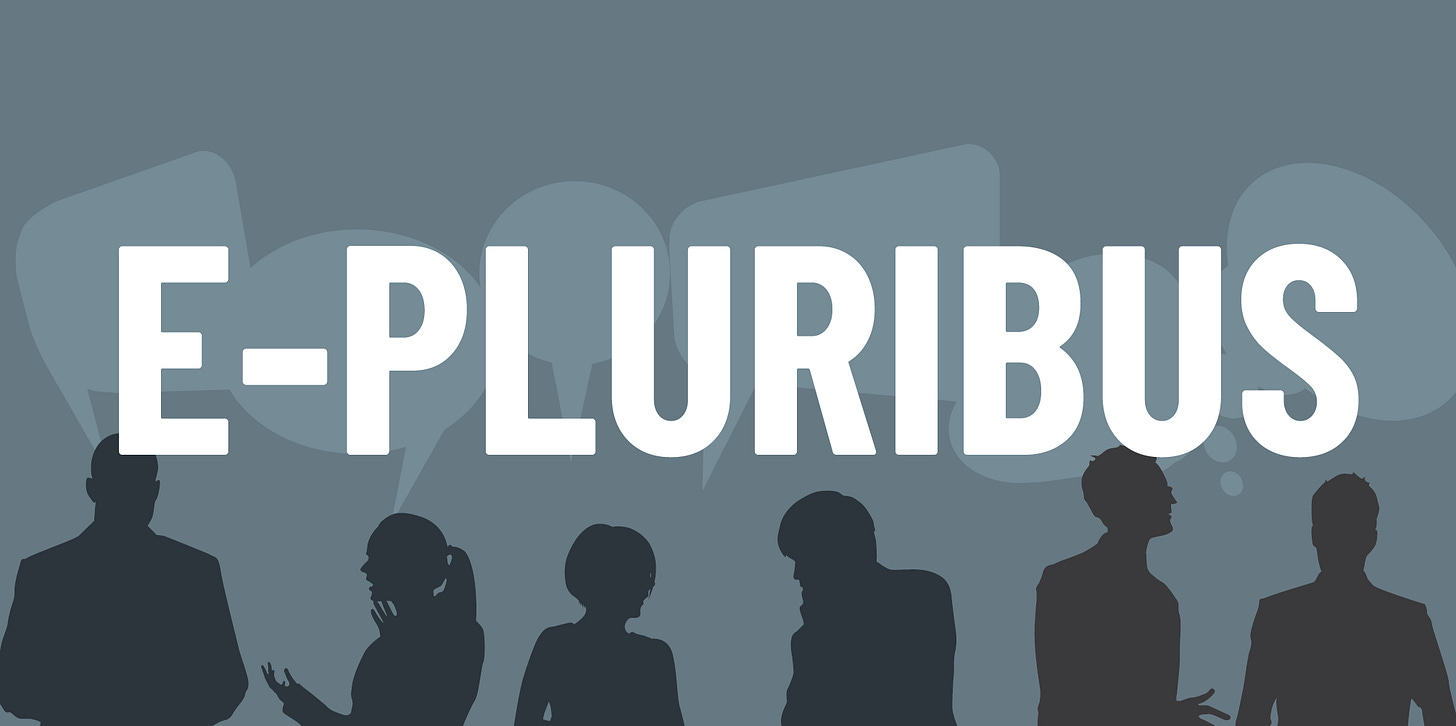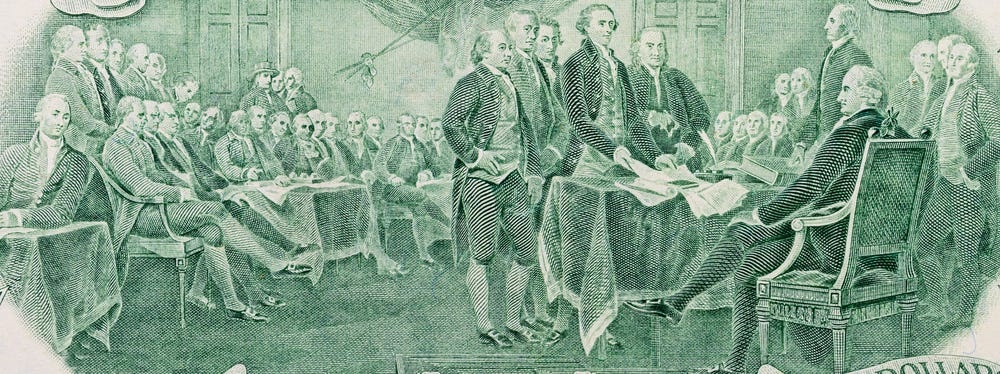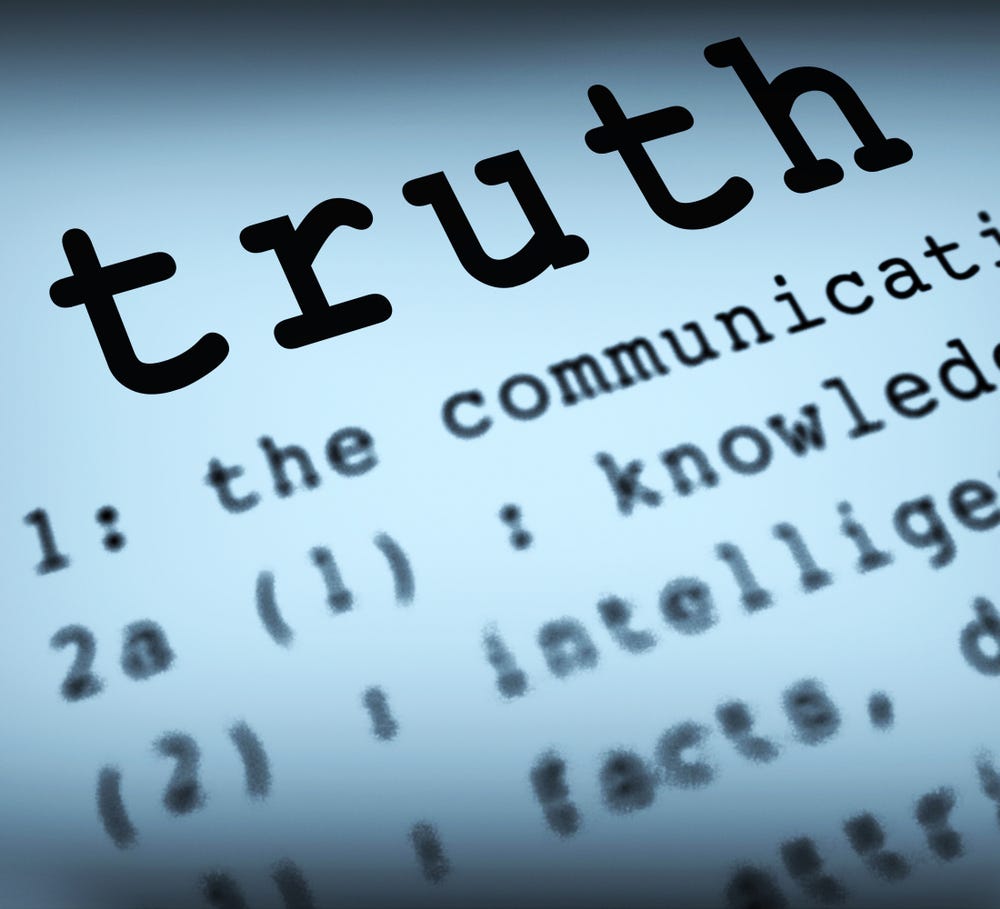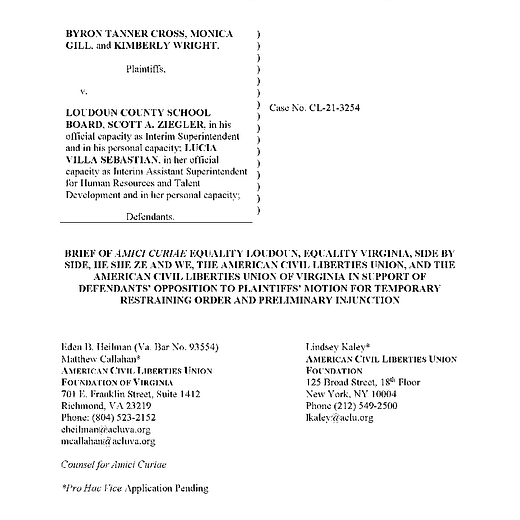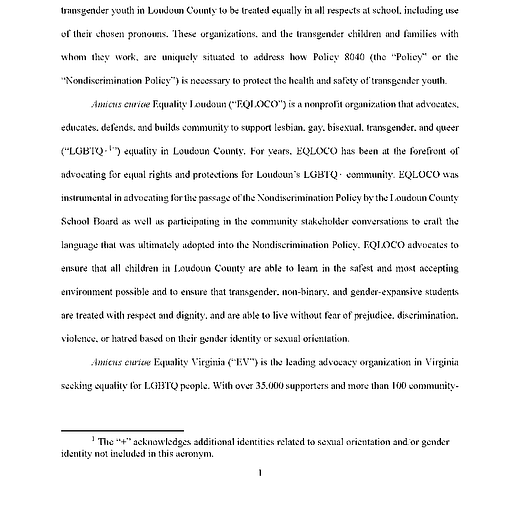E-Pluribus | October 18, 2021
Thinking like the founders, keeping the political in its place, and the pitfalls of "absolute truth".
A round up of the latest and best writing and musings on the rise of illiberalism in the public discourse:
Robert Tracinski: How to Think Like the Founders
While the founders seem to be taking it on the chin more and more these days (and not always unjustifiably,) Robert Tracinski of Symposium writes that being able to think like the founders might help restore an appreciation for classical liberalism. Tracinski’s thoughts are found in a review of America’s Revolutionary Mind, a 2019 book by Clemson University historian C. Bradley Thompson.
America’s Revolutionary Mind is what academics call a “close reading” of the Declaration of Independence, examining its opening philosophical passage word by word. When they said “we hold these truths to be self-evident,” what did they mean by “truth”? What did they mean by “self-evident”? What did they mean by “equal,” by “rights,” by “the pursuit of happiness,” by “the consent of the governed”? Thompson illuminates the answers by delving into the other writings of the Founders, into the debates raging at the time in newspapers and pamphlets, and into the writings of the philosophers and intellectuals who influenced the Founders.
The result is a thorough intellectual history of the Declaration of Independence. Thompson traces all the strains of Enlightenment thought that came together in America in the late 18th Century and how they came to be used by the founding generation to deal with the problems they faced in their struggle with the imperial power of Great Britain.
[…]
The Founding Fathers were relentlessly ideological, but not in the pejorative sense. That is to say, they were not dogmatically ideological. Rather, they drew on big ideas in a quest for answers to real problems, and they were drawn deeper into this intellectual quest by the requirements of their conflict with Parliament.
Specifically, Thompson shows how the Founders moved from a historical concept of rights, invoking traditional privileges won over centuries as part of the unwritten English constitution, to a philosophical concept of rights, one based not on tradition but on a consideration of the basic nature of man. They moved from talking about “the rights of Englishmen” to talking simply about “the rights of man.”
Read it all here.
Andrew Sullivan: No, The Personal Is Not Political
In principle, most people seem to accept that a home should be sacrosanct; but let a politician offend one’s sensibilities deeply enough, and suddenly all is fair in love and war and politics. Andrew Sullivan argues that we are eroding the necessary and proper wall between the personal and the political and we will come to regret it.
What we are seeing here is not just the boorishness of mobs. What we’re seeing is something more dangerous: the erosion of the boundary between public and private. Violating private homes and intimidating people’s families are just two of the more glaring examples. The Internet, via emails, has also rendered the whole notion of private correspondence — a principle the Founding Fathers saw as essential to freedom from tyranny — so porous that it barely exists. A permanent record of everything you have ever put into pixels, however intimate or personal, exists somewhere; and it can be easily searched exhaustively — forever. There is no safe space from that.
[…]
What we’re losing, I fear, is the idea that we can take on a role as public citizens that is separate from our role as private human beings; that we can place limits on what the state can do to us, and what we can do to each other. As Hannah Arendt perhaps best grasped, a liberal society is almost defined by its belief that politics has limits, and that it exists to defend us from either the government or our fellow citizens leveraging private human flaws for political purposes. There are, in fact, many worse things than hypocrisy. Shamelessness, for example. The first is human; the second is sociopathic. I want to live in a world where the former prevails.
The idea that “the personal is political” is not just a glib phrase. It is actually best exemplified by totalitarian systems, which seek no limits to their authority over private matters, even those matters that are buried deep in your mind and soul, and which enroll citizens into becoming mutual spies in pursuit of heretics. I don’t want to live in that transparent, unsparing, brutalizing world. It turns us all into spies; it gives no one space to think or escape; it is devoid of mercy and gives no benefit of the doubt.
Read the whole thing.
Néstor de Buen: Absolute Truth Corrupts Absolutely
Without directly addressing whether or not “absolute truth” exists, Néstor de Buen writes at Arc Digital about the wrong way to defend the concept. Modern arguments about truth often center on its relationship with power, de Buen says that approaching the issue as a binary choice does not make it the last word on the subject.
Here, my intention is not to argue either that there is an absolute truth or that truth is socially constructed and dependent on power structures—because that framing obscures the many positions that lie between those two. Instead, I want to raise a concern about the way those seeking to defend absolute or universal truth pursue this project. To put it succinctly, skepticism of absolute universal truth is about so much more than power structures and social construction. In that sense, a perfect and complete refutation (if that is even possible) of the idea that the truth is determined by power or other similar notions does very little to prove what defenders of absolute truth are presumably trying to do.
[…]
[Lucas Lynch]: “Truth never did, and does not, depend on ‘power’—truth depends on evidence.”
But these two ideas suffer from a similar issue. In the first case, there are a lot of steps between questioning logical and methodological structures and concluding that therefore truth is dependent on power. In the second case, we find a false dichotomy; truth may not depend on power, but from that it doesn’t follow that truth depends on evidence alone. Even before getting to things like personal or cultural biases, it should be clear that truth—or whatever else we can get that is as close to truth as possible—depends on a lot more than evidence.
Read it all.
Around Twitter
Andrew Sullivan and Glenn Greenwald on the ACLU’s new perspective on the First Amendment:
And update on the Yale Law School from Nicholas Christakis (see this thread that we highlighted on Friday for additional context.)
A good thought by Wesley Yang on the skeptics of “cancel culture” trying to have it both ways:
And finally, another statue has come under fire; this one is of a man named… Thomas Jefferson:



